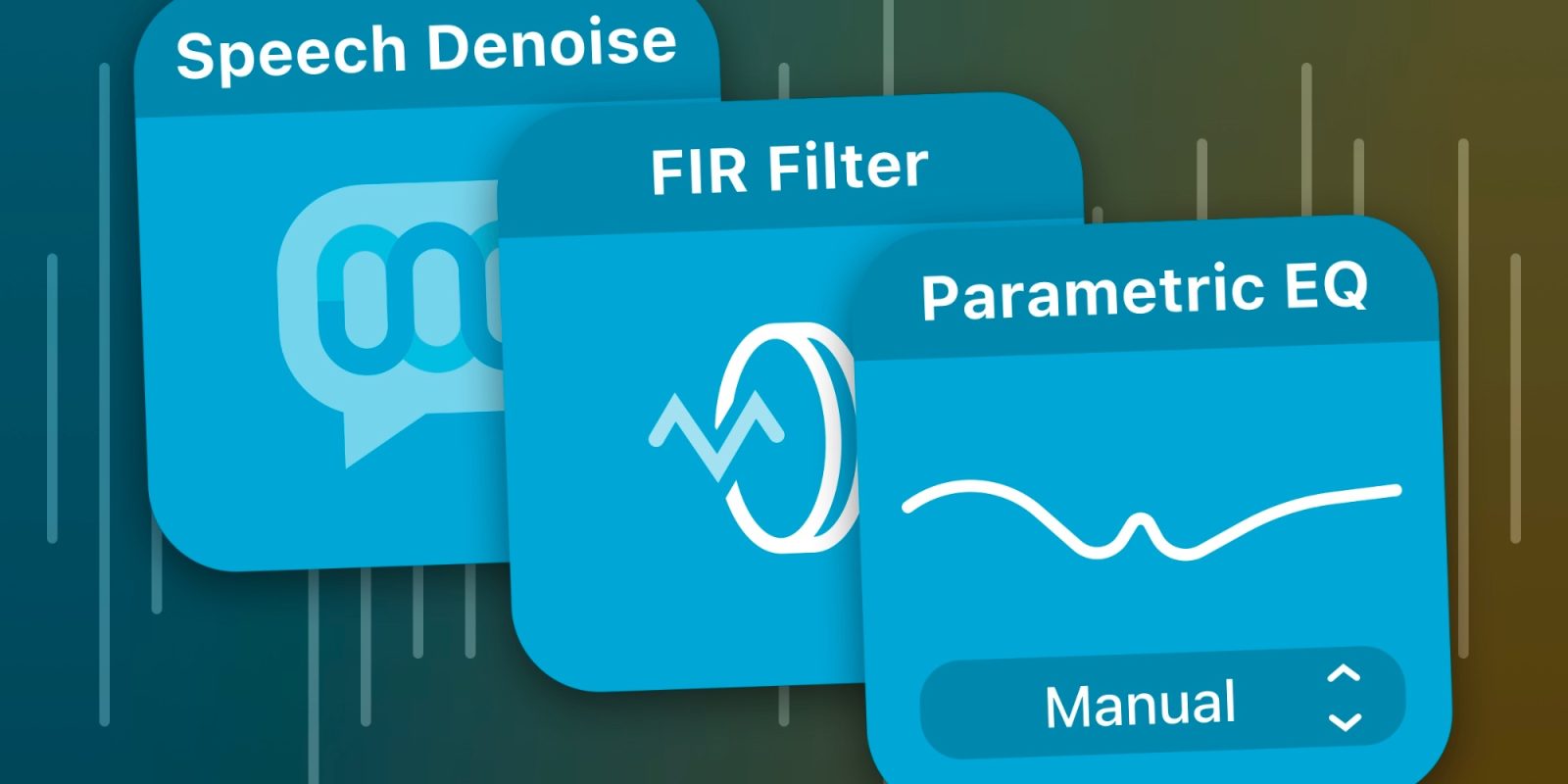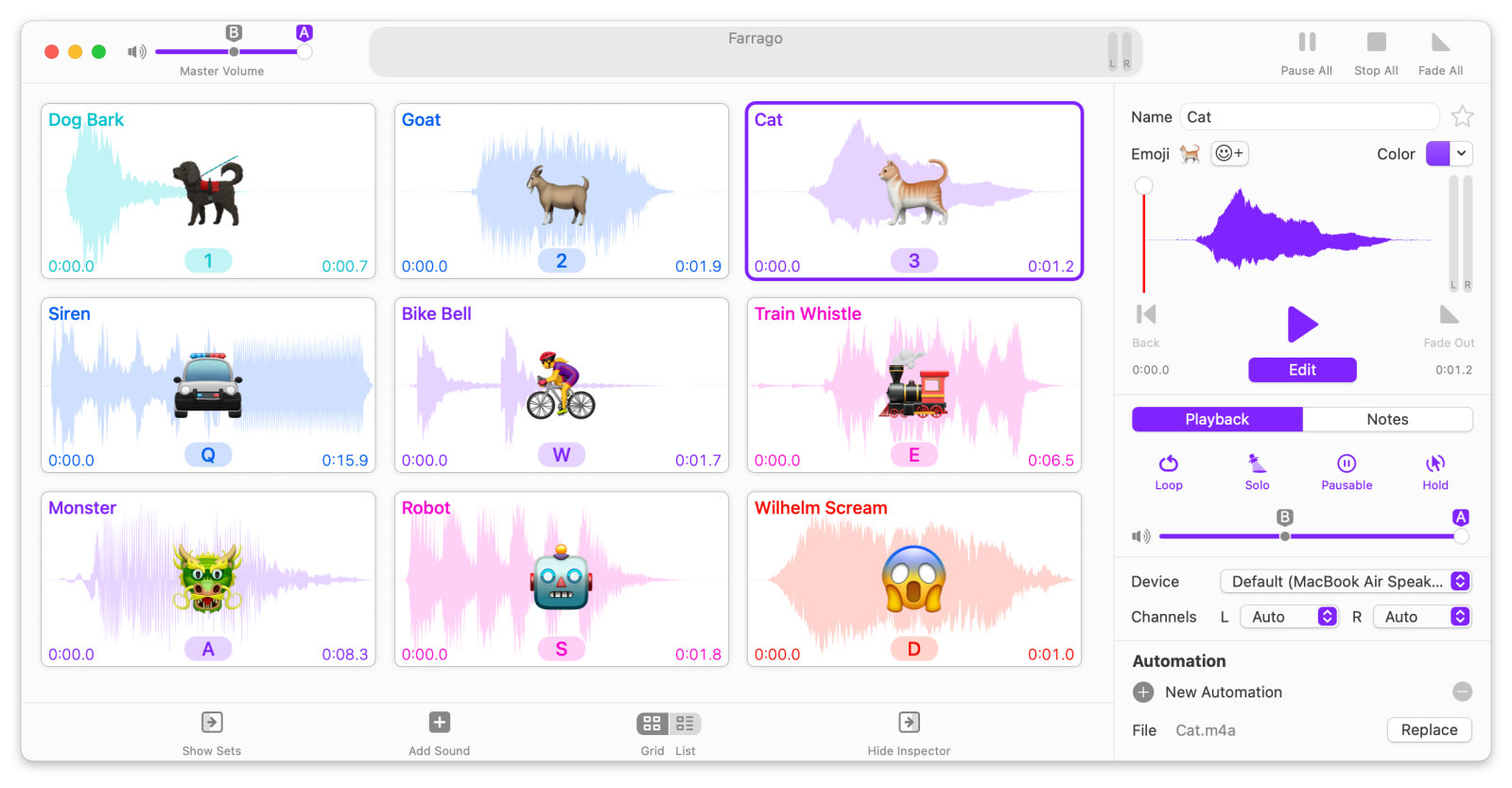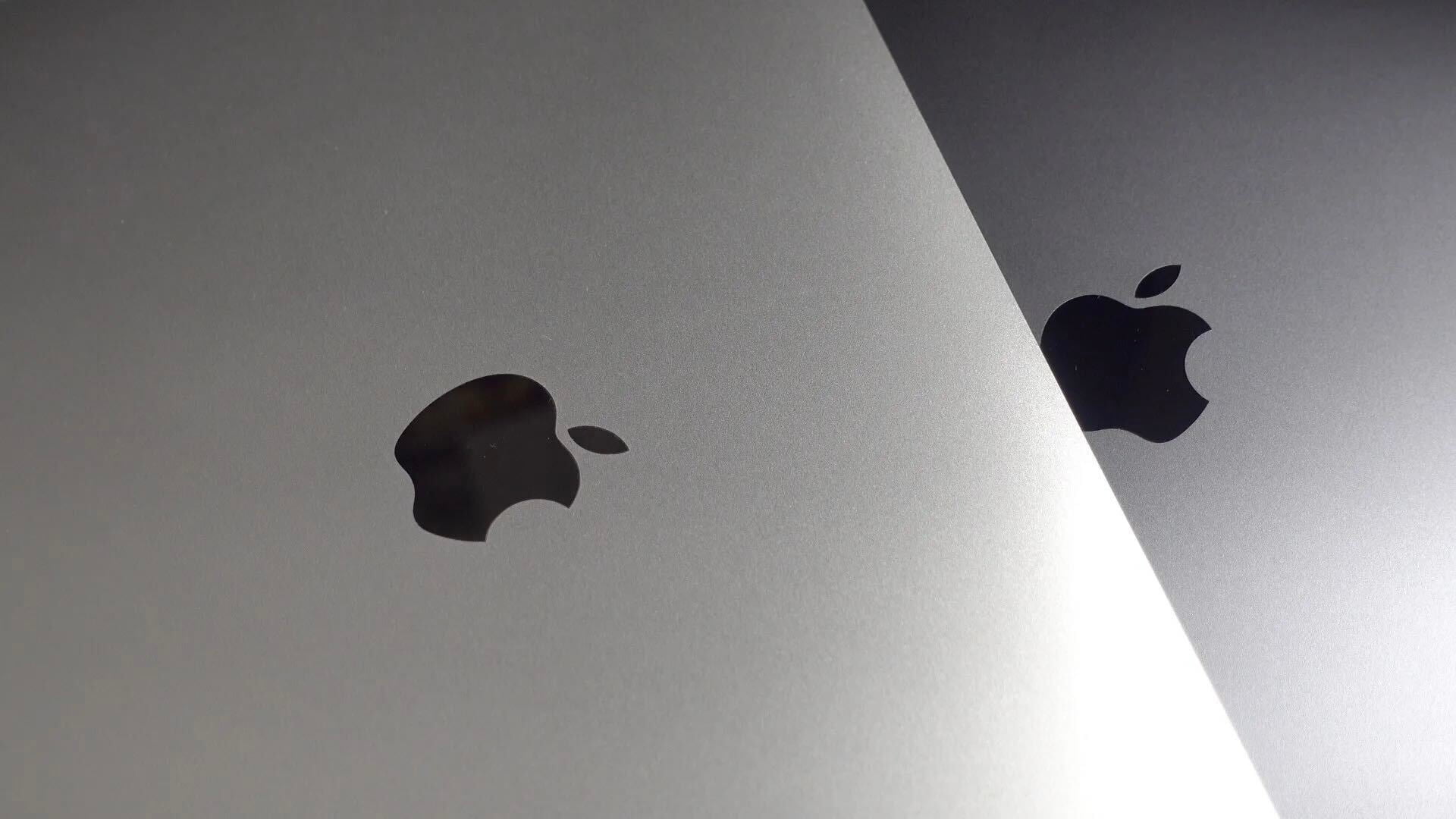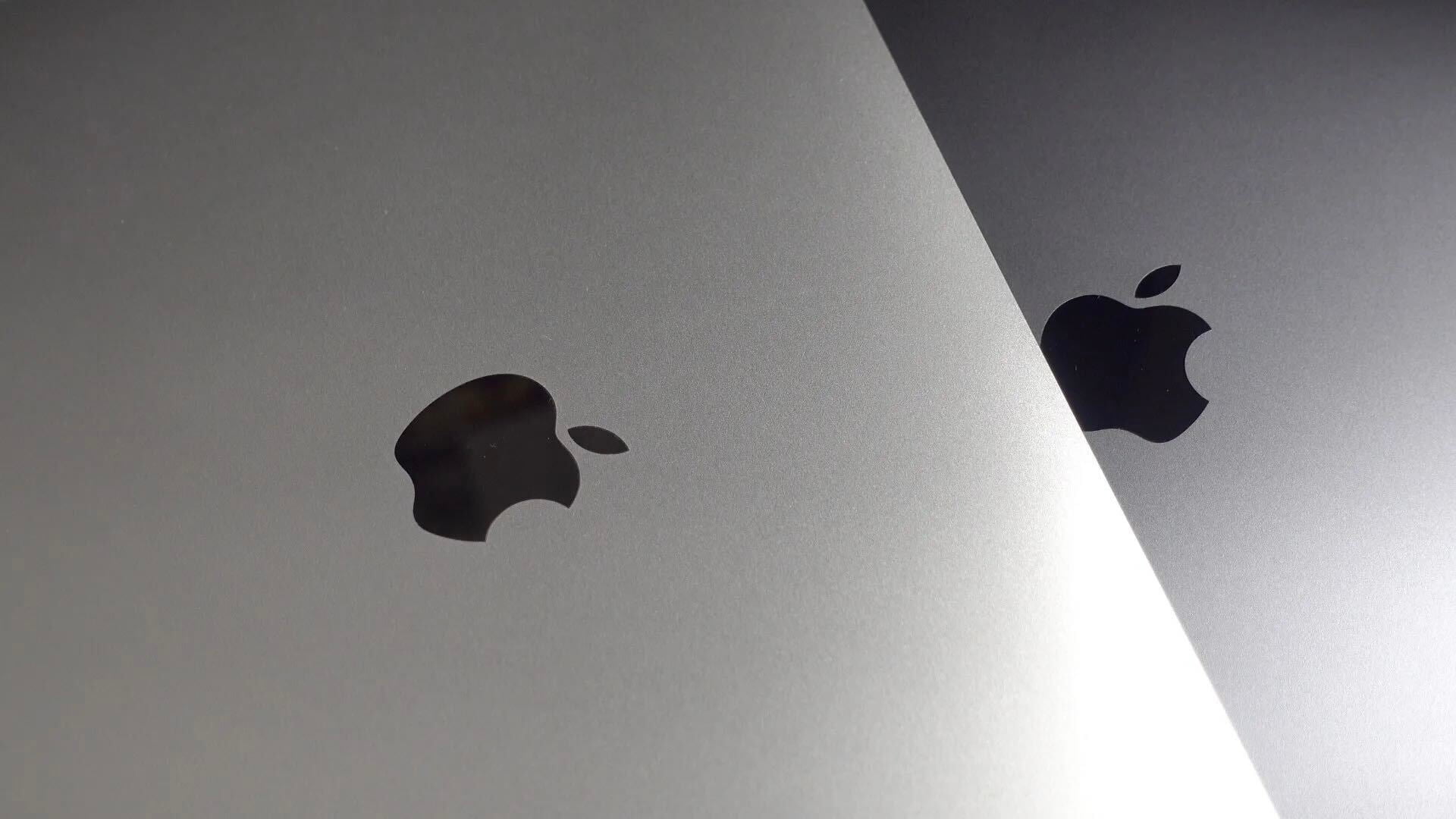Apple removed Rogue Amoeba’s Airfoil from the App Store last month shortly after it began offering the ability to AirPlay music from one iOS device to another, effectively making your old iPod touch an AirPlay speaker. Some thought the app removal was due to use of private APIs. Apple gave a statement on the matter:
The feature in question permits any iOS device running the app to play back audio beamed from a variety of sources using Apple’s AirPlay wireless streaming protocol. Apple presently only allows designated products to act in this capacity — such as the Apple TV and (often expensive) AirPlay-enabled third-party hardware
From a post today, it seems pretty clear that Apple just did not want that functionality in the app and that third-party hardware vendors were to “blame.”
You may be asking why Apple would want to prevent users from having this functionality. Only Apple can provide a full answer here. We do know that Airfoil Speakers Touch’s ability to receive audio directly from iTunes and iOS enabled some users to forgo purchasing expensive AirPlay hardware, hardware which Apple licenses. It seems Apple has chosen to use their gatekeeper powers to simply prevent competition.
Perhaps as part of its costly AirPlay licensing, Apple gives speaker manufacturers exclusive rights to the AirPlay protocol. Maybe some of these makers cried foul when Airfoil allowed other iOS devices to sling audio to each other. Apple was then forced to remove it, otherwise breaking their exclusivity agreement. That does not seem too outlandish to me.
Oh, and there is a workaround.






 Following Apple’s decision to pull Rogue Amoeba’s Airfoil Speakers Touch app for a feature allowing iOS devices to stream to one another over AirPlay,
Following Apple’s decision to pull Rogue Amoeba’s Airfoil Speakers Touch app for a feature allowing iOS devices to stream to one another over AirPlay, 